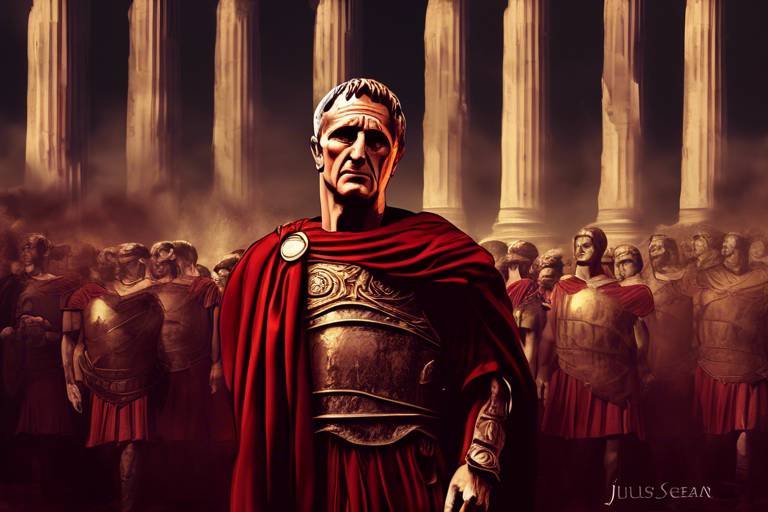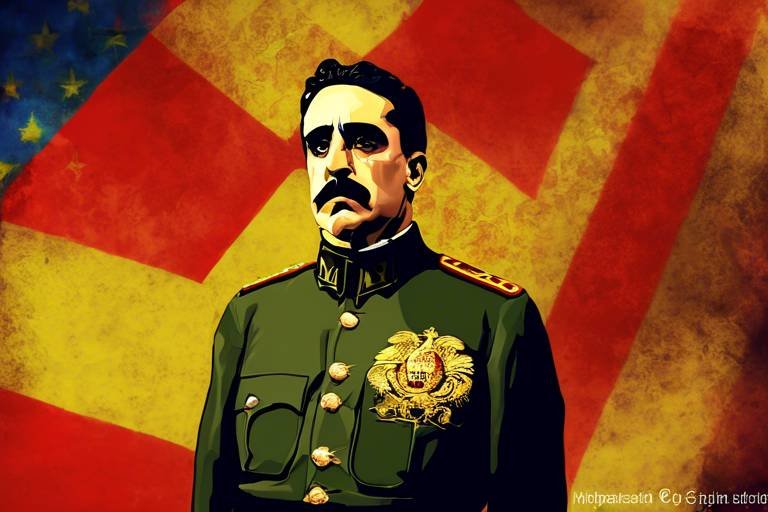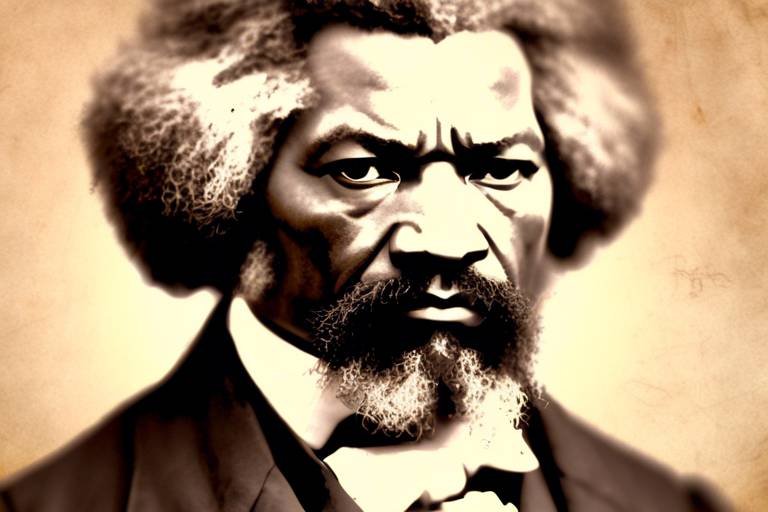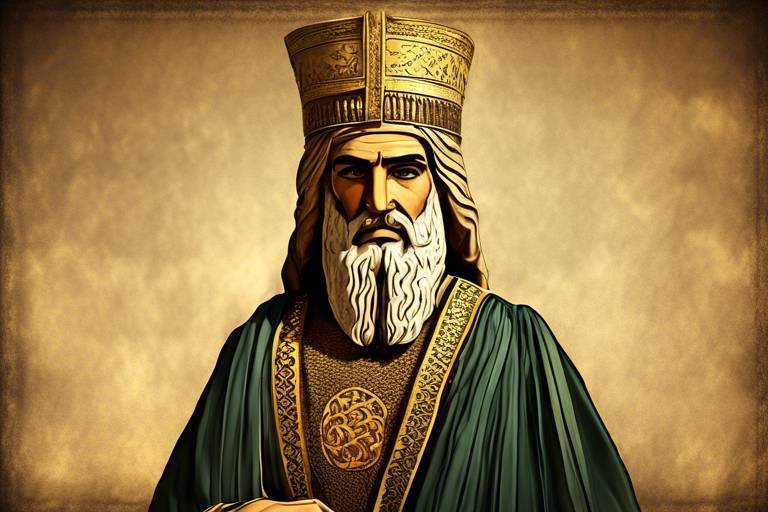Hirohito: The Emperor of Japan
Emperor Hirohito, also known as Emperor Showa, reigned over Japan during a turbulent period in the nation's history. Born on April 29, 1901, Hirohito ascended to the Chrysanthemum Throne in 1926 following the death of his father, Emperor Taisho. His reign spanned over six decades, witnessing Japan's transformation from a traditional society to a modern industrial power.
As a young ruler, Hirohito faced the challenges of leading Japan through World War II, a conflict that would have far-reaching consequences for the country and the world. Despite being a constitutional monarch, Hirohito played a crucial role in the decisions made by the Japanese government during the war, including the attack on Pearl Harbor and the expansion of Japanese territories in Asia.
After Japan's defeat in 1945, Hirohito faced the daunting task of guiding his nation through the process of post-war reconstruction and democratization. He embraced reforms that aimed to modernize Japan's political and economic systems, paving the way for the country's rapid recovery and emergence as a global economic powerhouse.
However, Hirohito's legacy remains controversial, with many questioning his level of accountability for Japan's wartime actions. The debate over his war responsibility, the emperor system, and his portrayal in history continues to spark discussions among historians and the Japanese public.
Despite the controversies, Hirohito's reign had a profound impact on Japanese society, influencing the country's culture, politics, and values. His reign witnessed significant social changes and technological advancements that shaped the nation's identity and set the stage for its post-war prosperity.
On a personal level, Hirohito was known for his keen interest in marine biology, a passion that led to the discovery of several new species of fish. He also enjoyed poetry, calligraphy, and traditional Japanese arts, showcasing a more human side to the enigmatic figure of the Emperor.
Emperor Hirohito passed away on January 7, 1989, marking the end of the Showa era. His son, Emperor Akihito, succeeded him, ushering in a new era in Japanese history. Hirohito's reign continues to be a subject of historical assessment, with scholars debating his role in shaping Japan's trajectory and the enduring legacy he left behind.
In conclusion, Hirohito's reign as the Emperor of Japan was marked by both triumphs and challenges, leaving a lasting imprint on the nation's history and identity. His legacy serves as a reminder of the complexities of leadership, the impact of historical decisions, and the enduring influence of individuals on the course of a nation's destiny.
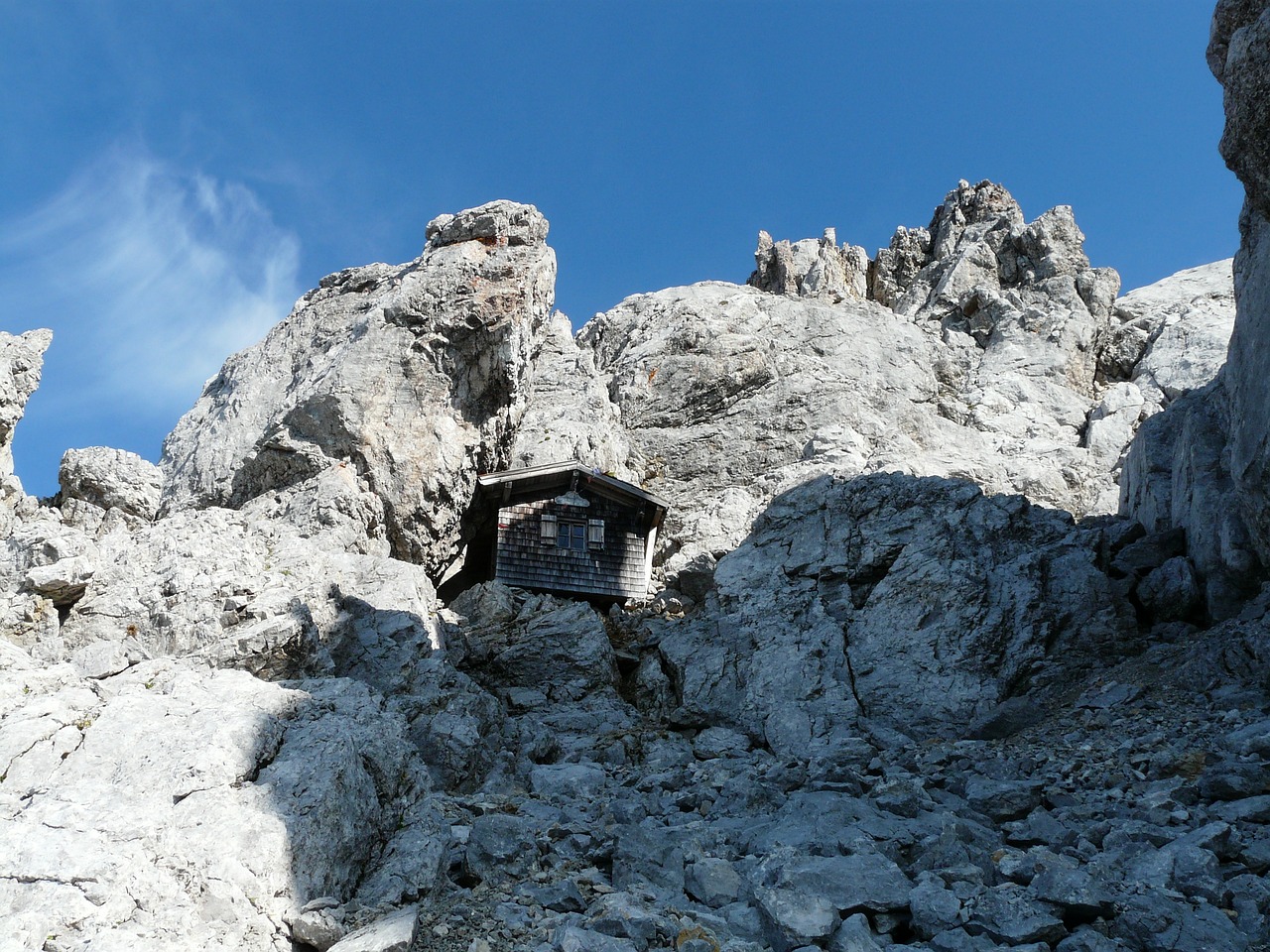
Early Life and Education
Exploring the life and reign of Hirohito, the Emperor of Japan, his role in World War II, post-war era, impact on Japanese society, controversies surrounding his reign, and his legacy.
Details about Hirohito's childhood, education, and upbringing as a member of the Japanese imperial family, shaping his future role as Emperor.
Hirohito, born on April 29, 1901, was the eldest son of Emperor Taisho and Empress Teimei. His given name was Michinomiya Hirohito. Growing up in the Imperial Palace in Tokyo, Hirohito received a traditional education befitting his royal status. He studied history, literature, and the arts, alongside military and diplomatic training, preparing him for his future responsibilities as the Emperor of Japan.
Despite his privileged upbringing, Hirohito's early life was not without challenges. He faced the pressures of living up to the expectations of being the future leader of Japan, a role that demanded both political acumen and a deep understanding of Japanese culture and traditions.
As Hirohito ascended to the Chrysanthemum Throne in 1926, following the death of his father, Emperor Taisho, his education and experiences during his formative years played a crucial role in shaping his approach to governance and leadership.
Throughout his reign, Hirohito's early life and education remained influential in guiding his decisions and interactions with the Japanese people and the world at large.

World War II and Imperial Japan
Exploring the life and reign of Hirohito, the Emperor of Japan, his role in World War II, post-war era, impact on Japanese society, controversies surrounding his reign, and his legacy.
During World War II, Hirohito played a significant role as the Emperor of Japan. His decisions and actions during this tumultuous period had far-reaching consequences not only for Japan but for the entire world. The Imperial Japan under his reign pursued an aggressive expansionist policy, leading to conflicts with various countries and ultimately culminating in Japan's participation in the war.
Under Hirohito's rule, Japan allied with Nazi Germany and Italy, forming the Axis powers. The Emperor's involvement in the war effort, including approving military strategies and operations, showcased his authority within the imperial system. The Imperial Japan sought to establish dominance in the Asia-Pacific region, leading to conflicts such as the attack on Pearl Harbor, which drew the United States into the war.
The impact of Imperial Japan's actions during World War II reverberated globally, resulting in widespread devastation, loss of life, and significant geopolitical shifts. The Emperor's position as a symbol of the nation played a crucial role in rallying the Japanese people behind the war effort, emphasizing loyalty and sacrifice for the country.

Post-War Reforms and Modernization
After the devastation of World War II, Hirohito played a crucial role in Japan's post-war reconstruction and modernization efforts. The Emperor embraced a new era of change, steering the country towards a path of renewal and progress. One of the key reforms implemented during this period was the enactment of the new Japanese Constitution in 1947, which introduced democratic principles and established a constitutional monarchy. Hirohito supported these reforms, symbolizing a shift towards a more democratic and open society.
Furthermore, Hirohito focused on revitalizing Japan's economy, promoting industrialization, and fostering technological advancements. The Emperor's vision for a modern Japan led to the country's rapid economic growth and emergence as a global economic powerhouse. Investments in infrastructure, education, and innovation were prioritized, laying the foundation for Japan's future success on the world stage.
In addition to economic reforms, Hirohito also championed social changes aimed at improving the quality of life for the Japanese people. Initiatives to enhance healthcare, education, and social welfare were introduced, reflecting the Emperor's commitment to the well-being of his subjects. The post-war period under Hirohito's reign witnessed a transformation in Japanese society, marked by progress, prosperity, and a renewed sense of optimism for the future.

Hirohito's Controversial Legacy
Exploring the life and reign of Hirohito, the Emperor of Japan, his role in World War II, post-war era, impact on Japanese society, controversies surrounding his reign, and his legacy.
Details about Hirohito's childhood, education, and upbringing as a member of the Japanese imperial family, shaping his future role as Emperor.
Hirohito's involvement in World War II, decisions made during the conflict, and the impact of Imperial Japan's actions on the global stage.
The Emperor's role in Japan's post-war reconstruction, reforms implemented, and efforts towards modernizing the country.
Discussing the controversies surrounding Hirohito's reign, including war responsibility, the emperor system, and his portrayal in history. Despite being seen as a symbol of unity and tradition, Hirohito's involvement in World War II and the atrocities committed by Imperial Japan have sparked debates and criticisms. The question of his responsibility for the war crimes committed during his reign remains a contentious issue, with some arguing that he was a puppet of the military while others claim he had a more active role in the decisions made.
Examining how Hirohito's reign influenced Japanese culture, politics, and society, shaping the nation's identity and values.
Insights into Hirohito's personal life, hobbies, interests, and relationships, providing a more human perspective on the Emperor.
Details surrounding Hirohito's death, the end of the Showa era, and the succession of the Chrysanthemum Throne to his son, Emperor Akihito.
Reflections on Hirohito's historical significance, his impact on Japan's trajectory, and the lasting legacy he left behind for future generations.

Impact on Japanese Society
When exploring the impact of Hirohito on Japanese society, it becomes evident that his reign significantly shaped the cultural, political, and societal landscape of Japan. The Emperor's symbolic role as a unifying figure for the nation played a crucial part in fostering a sense of national identity and pride among the Japanese people. His presence during World War II, despite being largely ceremonial, served as a rallying point for the populace, instilling a sense of loyalty and duty.
Moreover, Hirohito's post-war efforts towards modernization and reconstruction were instrumental in propelling Japan into a new era of economic prosperity and technological advancement. The Emperor's endorsement of reforms and his vision for a modernized Japan set the stage for the country's rapid industrialization and emergence as a global economic powerhouse.
On a societal level, Hirohito's influence extended to shaping traditional values and customs within Japanese culture. His embodiment of traditional Japanese virtues such as honor, respect, and duty reinforced these values among the populace, contributing to a sense of continuity with Japan's rich historical heritage.
Furthermore, Hirohito's reign saw the imperial family adapting to a more modern and accessible image, engaging with the public through various initiatives and events. This shift in approach helped to bridge the gap between the monarchy and the people, fostering a sense of closeness and connection between the Emperor and his subjects.
In essence, Hirohito's impact on Japanese society transcends mere governance and extends to the very fabric of the nation's identity. His legacy continues to resonate in the hearts and minds of the Japanese people, serving as a reminder of a pivotal era in Japan's history that continues to shape its present and future.

Personal Life and Interests
Exploring the life and reign of Hirohito, the Emperor of Japan, his role in World War II, post-war era, impact on Japanese society, controversies surrounding his reign, and his legacy.
Delving into Hirohito's personal life reveals a multifaceted individual beyond his imperial duties. Despite his position of power, Hirohito had a keen interest in marine biology, spending hours studying and collecting specimens. This passion for the ocean not only provided him with a sense of tranquility but also connected him to nature in a profound way. Additionally, Hirohito was known for his dedication to calligraphy, a traditional art form in Japanese culture. His skill and appreciation for the intricate strokes and symbolism of calligraphy showcased a different aspect of his personality, one that valued creativity and expression.
Furthermore, Hirohito's personal relationships played a significant role in shaping his character. His marriage to Empress Nagako solidified a partnership based on mutual respect and support. The couple's shared interests in music and poetry created a bond that transcended their public roles, offering a glimpse into a more intimate side of the Emperor. Hirohito's dedication to his family, particularly his children, highlighted his commitment to nurturing the next generation of the imperial lineage.
Amidst the demands of his imperial responsibilities, Hirohito found solace in the simplicity of daily routines, such as tending to his bonsai garden. The meticulous care and patience required to cultivate these miniature trees mirrored his approach to governance, emphasizing the importance of steady growth and nurturing relationships. These personal pursuits not only provided Hirohito with moments of reflection and peace but also showcased a depth of character often overshadowed by his public image.
In essence, Hirohito's personal life and interests offer a glimpse into the human behind the title of Emperor, showcasing a man of diverse passions, relationships, and pursuits that shaped his identity beyond the confines of the imperial palace.

Death and Succession
Exploring the life and reign of Hirohito, the Emperor of Japan, his role in World War II, post-war era, impact on Japanese society, controversies surrounding his reign, and his legacy.
After a long and eventful reign, Hirohito's life came to an end on January 7, 1989, marking the conclusion of the Showa era. His passing left a profound impact on Japan, as the nation mourned the loss of a revered figure who had guided them through tumultuous times. The succession of the Chrysanthemum Throne passed to his son, Emperor Akihito, who would go on to usher in a new era in Japanese history.

Historical Assessment and Legacy
As we look back on Hirohito's reign, historians and scholars continue to debate his legacy and the impact he had on Japan and the world. Some view Hirohito as a symbol of continuity and stability during a tumultuous period in Japanese history, while others criticize his role in wartime atrocities and question his accountability. The Emperor's post-war actions, including his renunciation of divinity and support for democratic reforms, are often highlighted as efforts to steer Japan towards a more peaceful and progressive path.
One of the key aspects of Hirohito's historical assessment is his portrayal in the collective memory of the Japanese people. Despite controversies surrounding his wartime actions, many Japanese citizens remember Hirohito as a figurehead who led Japan through both its imperial expansion and post-war reconstruction. His image as a unifying force in times of crisis remains ingrained in the national consciousness, shaping how he is perceived by different generations.
Furthermore, Hirohito's legacy extends beyond his own era, influencing the modernization and democratization of Japan. His willingness to adapt to changing circumstances and embrace new ideas played a crucial role in Japan's emergence as a global economic powerhouse. The reforms initiated during his reign laid the foundation for Japan's rapid development and technological advancements in the post-war period.
When assessing Hirohito's historical significance, it is essential to consider the complexities of his reign and the multifaceted impact he had on Japanese society. While his wartime actions continue to spark debate and reflection, his efforts towards reconciliation and peace in the aftermath of World War II cannot be overlooked. Hirohito's legacy serves as a reminder of the intricate relationship between history, memory, and the ongoing quest for understanding and reconciliation.
Frequently Asked Questions
- Was Hirohito directly involved in World War II?
Hirohito was not directly involved in the planning or execution of military operations during World War II. However, he played a significant role as a symbol of the Japanese state and provided moral support to the war efforts.
- Did Hirohito face any consequences for Japan's actions during the war?
After Japan's surrender in 1945, Hirohito was allowed to remain Emperor under the condition that he renounced his divine status. He was not prosecuted for war crimes, a decision that remains controversial to this day.
- How did Hirohito contribute to Japan's post-war reconstruction?
Hirohito played a crucial role in Japan's post-war reforms by supporting democratic changes, promoting peace, and advocating for modernization. His cooperation with the Allied occupation helped rebuild Japan's economy and society.
- What impact did Hirohito have on Japanese society?
Hirohito's reign had a profound influence on Japanese culture and politics, shaping the country's identity and values. He symbolized continuity and unity during a period of rapid social and economic transformation.
- How is Hirohito remembered in history?
Hirohito's legacy is complex, with ongoing debates about his wartime role and post-war actions. Some view him as a symbol of Japan's past militarism, while others credit him for guiding Japan towards peace and prosperity.












